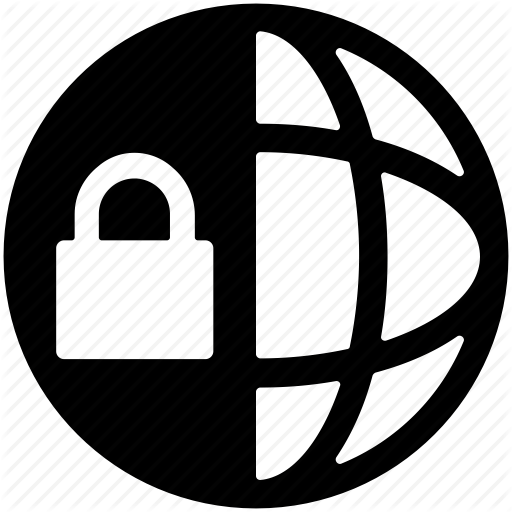What will be the fate of the Internet in the coming years? In the wake of the devastating attack in France, the digital community is striving to keep its balance between security and political freedoms.
Προς το παρόν φαίνεται να παραπαίει από την αιματοχυσία και τις φοβερές πράξεις τρομοκρατίας, ενώ οι προβλέψιμες απαντήσεις που κυκλοφορούν περιλαμβάνουν αυξημένη ηλεκτρονική επιτήρηση, καταπιεστική εξτρεμιστική προπαγάνδα, και εκπτώσεις στα όρια για την encryption και την προστασία της online ιδιωτικής ζωής. Οι μηχανισμοί αυτοί υπήρχαν και πριν από τις επιθέσεις της περασμένης Παρασκευής, αλλά τώρα φαίνεται να είναι πιο εδραιωμένοι.
Regardless of what you think, for the effectiveness and legitimacy of Internet constraints to prevent violence, cyber-surveillance demand levels are unprecedented.
Generally speaking, the Internet is not an example of rampant autonomy, but rather a good example of diffuse repression. Last month, an international study reported the disappointing reminder that most of the world is censored on the Internet. The limitation of the use of the Internet seems to be staggered over the last five consecutive years.
Freedom House, a non-profit group on human rights, he researched (PDF) Internet surveillance in 65 countries around the world. They found that over 64 percent of countries require individuals and businesses to delete or restrict content covering political, religious or social issues. This reflects a 13 percent increase from the previous year.
Το διακύβευμα για την παραβίαση των κυβερνητικών περιορισμών είναι υψηλό. Φυλάκιση για συμμετοχή online σε αμφιλεγόμενα θέματα onlin, που κυμαίνονται από την κριτική μοναρχία της Ταϊλάνδης σε ένα βίντεο που κυκλοφόρησε στο Internet and featured a gay wedding in Egypt and many, many other examples. All of course validated by the state.
Iceland, Estonia and Canada have the most freedoms, while Iran, Syria and China are the fewer. The country with the biggest fall in freed from last year was Libya, in the light of anti-blogger and sharp political censorship.
Two countries had the second largest drop in online freedoms. The first was Ukraine, as a country prosecuting the content of the web site, and the second country, demonstrating the incoherence for preserving democratic values in the era of terror, was France.
The country ranks ninth, in front of the United Kingdom, and was criticized for the expansive restrictions on online content that could be seen as an apology for terrorism. The report reported cases such as conceiving 16hrono for the publication of cartoon politics on Facebook, and condemning a comic actor for his controversial positions. Such cases raise concerns and dilemmas in which security and freedom of speech are placed very easily with contradictory roles. These are, of course, critically important issues to consider in the light of recent attacks.
Every year, millions of new citizens of the world access the internet, yet the internet seems to be shrinking. Governments, from the most democratic to the most authoritarian, are sacrificing digital freedom to name of security.
Now maybe it's time for an open dialogue around the Internet at a crucial turning point in its history.
TNW





